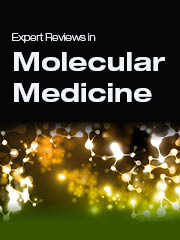Article contents
Thyroid hormone in the frontier of cell protection, survival and functional recovery
Published online by Cambridge University Press: 25 May 2015
Abstract
Thyroid hormone (TH) exerts important actions on cellular energy metabolism, accelerating O2 consumption with consequent reactive oxygen species (ROS) generation and redox signalling affording cell protection, a response that is contributed by redox-independent mechanisms. These processes underlie genomic and non-genomic pathways, which are integrated and exhibit hierarchical organisation. ROS production led to the activation of the redox-sensitive transcription factors nuclear factor-κB, signal transducer and activator of transcription 3, activating protein 1 and nuclear factor erythroid 2-related factor 2, promoting cell protection and survival by TH. These features involve enhancement in the homeostatic potential including antioxidant, antiapoptotic, antiinflammatory and cell proliferation responses, besides higher detoxification capabilities and energy supply through AMP-activated protein kinase upregulation. The above aspects constitute the molecular basis for TH-induced preconditioning of the liver that exerts protection against ischemia-reperfusion injury, a strategy also observed in extrahepatic organs of experimental animals and with other types of injury, which awaits application in the clinical setting. Noteworthy, re-adjusting TH to normal levels results in several beneficial effects; for example, it lengthens the cold storage time of organs for transplantation from brain-dead donors; allows a superior neurological outcome in infants of <28 weeks of gestation; reduces the cognitive side-effects of lithium and improves electroconvulsive therapy in patients with bipolar disorders.
- Type
- Review Article
- Information
- Copyright
- Copyright © Cambridge University Press 2015
References
- 13
- Cited by


